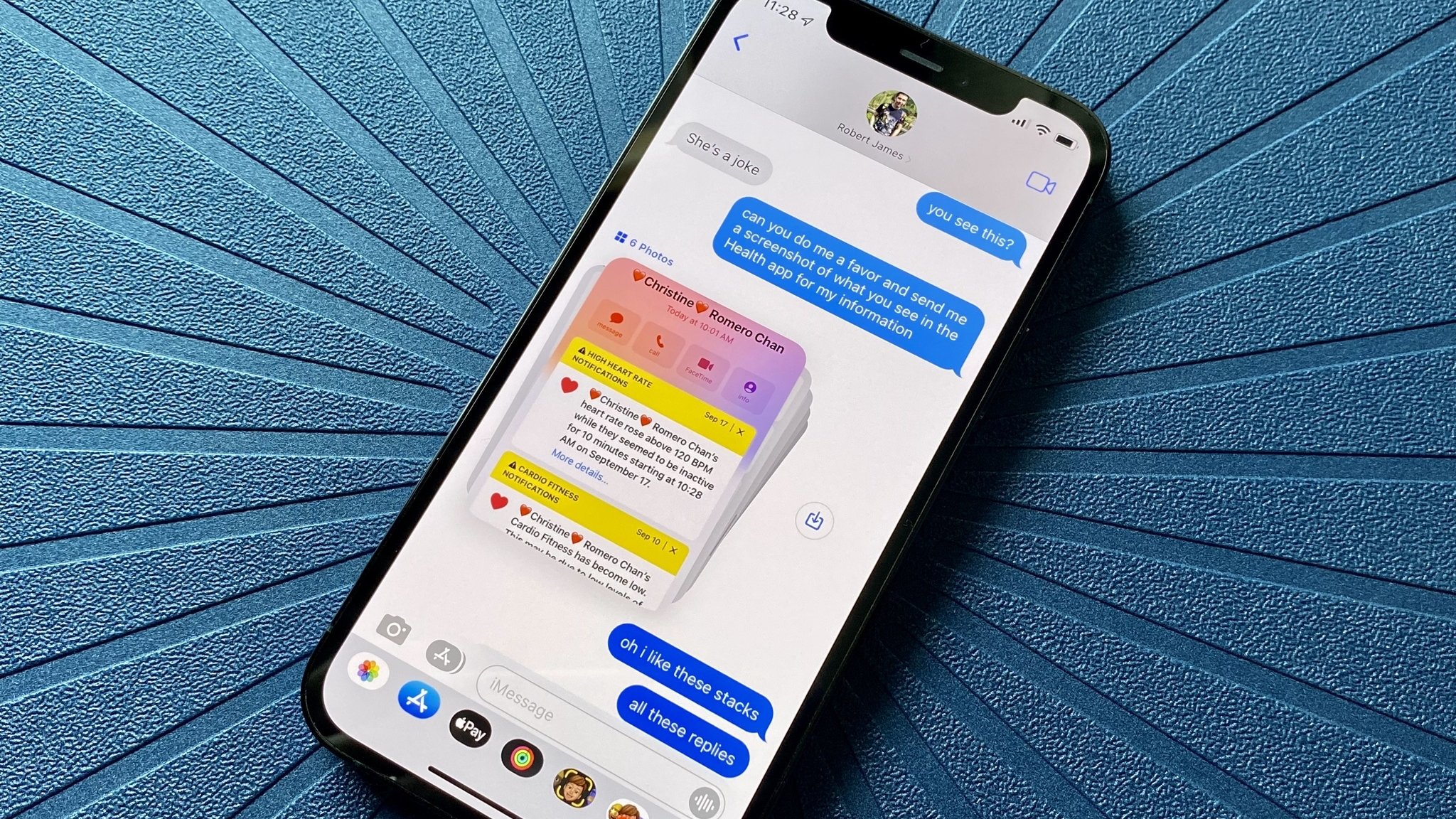Apple's RCS 180 had nothing to do with the DMA — "Apple’s hand was effectively forced. But by China, not the EU"
It wasn't the EU that changed Apple's mind...

For years, Apple rejected the idea of the RCS Universal Profile being supported on the iPhone, instead sticking with its iMessage format — locking out the Android user from secure messaging between the two. Then, on a rainy November afternoon, everything changed.
When Apple announced its shock pivot around RCS, most thought it was because of the European Commission's investigation into Apple's locked down ‘gatekeeper’ iMessage service. As John Gruber points out at Daring Fireball, however, it wasn’t anything to do with the EU at all — rather, it’s because of the Chinese government's rules around new 5G devices made for sale in the country.
Now that the European Commission has ruled iMessage as ‘not a gatekeeper’ (even though Apple is regarding other services it offers), Gruber’s idea seems to hold some weight. The investigation, after all, is over, yet Apple’s RCS decision remains.
Apple and RCS — a Brief History
Google has been trying to get Apple on board with RCS for years. Adverts that saw users lamenting their green text bubbles, light jibes from one company to another were commonplace, and rumors swirled as investigations in foreign countries began that asked ‘Should iMessage be locked down?’
Before those investigations could bear fruit, Apple made an announcement that would surprise many — on November 16, Apple announced that it would support the RCS standard, allowing for “greater interoperability between iPhone and Android”. A secure messaging platform that works with both Google and Apple’s OSes, and the blue-green messaging divide gone forever: No wonder users were pleased to see the announcement.
The moment Apple made the announcement, the conjecture began. Why then? What had forced Apple’s hand? While the general consensus was that it was a European Commission investigation that had made Apple change its mind, another reason boiled away in the background.
China made me do it
Gruber reports that “Apple’s hand was effectively forced. But by China, not the EU”. He (and his “little birds”) say that the change came as a result of the Chinese government's new rules around 5G cell phones that come to market in the country — and that they must support RCS to be released. If Apple wants to put iPhones for sale in China, one of its largest markets, it must obey the rules that the government put forward, lest it lose an enormous slice of its global sales.
Master your iPhone in minutes
iMore offers spot-on advice and guidance from our team of experts, with decades of Apple device experience to lean on. Learn more with iMore!
In the aforementioned Apple RCS announcement, the company confirmed that the standard will be coming to the iPhone “later next year”. That could be as a part of an iOS 17 update to come in the first half of 2024, or as a part of iOS 18 at WWDC 2024. Either way, it’s likely that RCS is going to be a feature of the iPhone 16 when it comes later this year. So, thanks, China.
More from iMore

As iMore's Senior Staff writer, Tammy uses her background in audio and Masters in screenwriting to pen engaging product reviews and informative buying guides. The resident audiophile (or audio weirdo), she's got an eye for detail and a love of top-quality sound. Apple is her bread and butter, with attention on HomeKit and Apple iPhone and Mac hardware. You won't find her far away from a keyboard even outside of working at iMore – in her spare time, she spends her free time writing feature-length and TV screenplays. Also known to enjoy driving digital cars around virtual circuits, to varying degrees of success. Just don't ask her about AirPods Max - you probably won't like her answer.
